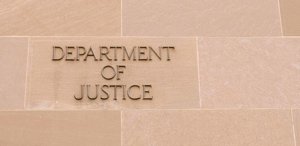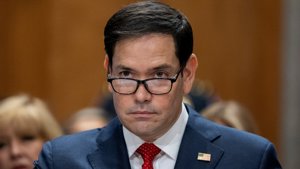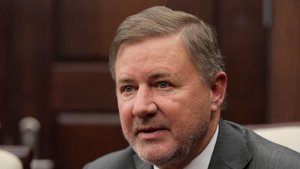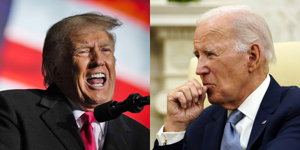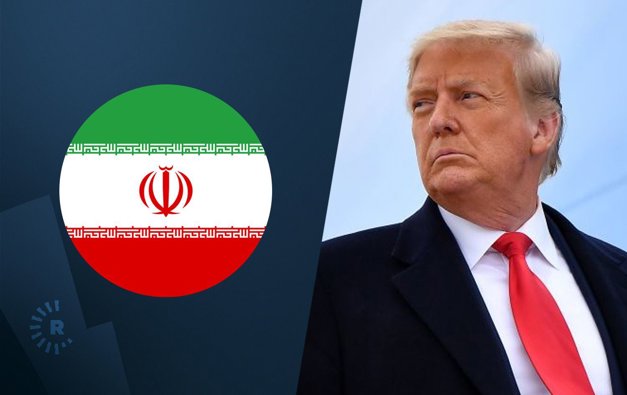
Trump: Iran Now Aggressive in Nuclear Talks
President Trump warns Iran is becoming "much more aggressive" as nuclear talks stall and military options are reviewed.
Trump Signals Shift in Negotiation Tone
President Donald Trump has voiced sharp concern over Iran’s sudden change in behavior during nuclear negotiations, stating on Tuesday that the Iranian side is acting with increased hostility. Speaking during an in-transit interview, Trump described Iran’s latest moves as unexpectedly aggressive, diverging from the tone seen just days earlier.
“Iran is acting much differently in negotiations than it did just days ago,” Trump said. “Much more aggressive. It’s surprising to me. It’s disappointing, but we are set to meet again tomorrow – we’ll see.” The president’s remarks come at a critical moment as U.S. officials attempt to re-engage Tehran over its advancing nuclear program.
Senior administration officials confirmed the shift, suggesting that Iran is intentionally slowing the negotiation process while simultaneously pushing forward with its nuclear development. The situation has reportedly alarmed allies, with Israel warning it may be forced to act independently to prevent Iran from obtaining a nuclear weapon.
Military Contingencies and Congressional Testimony
General Michael E. Kurilla, the outgoing head of U.S. Central Command (CENTCOM), informed lawmakers that contingency plans are already in place should talks collapse. Speaking before the House Armed Services Committee, Kurilla stated he has prepared “several plans and options” for President Trump and Defense Secretary Pete Hegseth if no agreement is reached with Iran.
Kurilla identified Iran as the “number one malign influence in the Middle East,” noting that the nation has doubled its uranium enrichment capacity within the last six months—an alarming development that adds urgency to the negotiations.
Meanwhile, Secretary Hegseth, traveling with Trump aboard Air Force One to Fort Bragg, also addressed defense priorities earlier in the day during a House Appropriations Subcommittee hearing. While he refrained from commenting directly on the Iran issue, Hegseth emphasized that the administration’s proposed $1 trillion defense budget for 2026 earmarks over $62 billion for nuclear force modernization.
The budget outlines updates to the U.S. nuclear triad, which includes land-based intercontinental ballistic missiles (ICBMs), submarine-launched ballistic missiles (SLBMs), and strategic bombers. These efforts aim to sustain a credible deterrent in the face of expanding nuclear threats from adversaries including Russia, China, North Korea, and now Iran.
During the same hearing, Representative Chuck Fleischmann of Tennessee expressed concern over the comprehensive overhaul of America’s nuclear arsenal. He pointed to international developments: Russia’s revitalized triad, China’s rapid expansion, and the ongoing threats posed by North Korea and Iran. Fleischmann warned that U.S. capabilities in key theaters, particularly the Pacific, may be lagging due to a shortage of non-strategic nuclear weapons.
In response, Hegseth defended the current posture and underlined the importance of maintaining readiness across all three legs of the nuclear force. He argued that modernization is essential for ensuring the U.S. remains strategically superior and diplomatically credible.
As negotiations with Iran remain in flux, the administration’s statements and military preparations signal a potential hardening of U.S. strategy. The next round of talks, scheduled for Wednesday, may determine whether diplomacy prevails—or if more assertive options must be considered.

